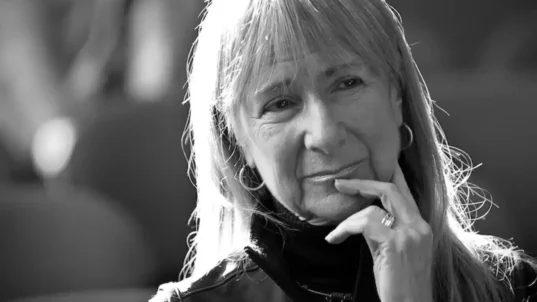
Photo by Matheus Ferrero on Unsplash
Anyone who was around during the 1960s British Invasion of the American rock and roll scene knows the song “The House of the Rising Sun” as sung by the Animals. The Animals’ version of the song became a rock classic.
In his book, Chasing the Rising Sun: The Journey of an American Song, Ted Anthony set out to uncover the history and origin of the song. What he found was a fascinating tale of how the history of this song reflected the development of our culture. While most people would attribute the song to the Animals, it is better described as “roots music.”
Anthony never did find the author. Rather, he suspects there was no single author. The song simply evolved from singer to singer, each adding something to the lyrics. Although his original quest was unfulfilled, Anthony found the ultimate result of his research to be even more rewarding. The song is a product of the people, stretching back into the 19th century (and perhaps even beyond). It was continually passed along and enjoyed by later generations.
When you think about the origin of The House of the Rising Sun, it’s interesting to compare it to the origins of societal changes. Most of the advances in our society originated from grassroots citizen movements. While these societal changes may have had public champions, these champions were rarely elected public figures, at least at the beginning of the call for change.
The acceptance of the need for societal change often evolves over time when public acceptance has reached a level where public officials no longer see the change as a risk to themselves. The call for change then becomes embodied in public policy.
The enactment of public policy doesn’t stop the change process. There will still be those who are opposed to the change. Resistance to change may continue for years. There will also be those who don’t think the changes in policy have gone far enough. They will continue to advocate for adaptations of policy.
Just imagine how many of the current divisions in our society are a reflection of evolving public views on societal changes. Is time the only way to heal these wounds? Just imagine how technology impacts the acceptance of the need for positive societal change–or the resistance to it. Just imagine how the need for societal change can be strengthened through grassroots efforts. What if “we the people” passed along ways to improve our society, person to person, as musicians have passed along and modified songs from generation to generation?
* * *
“Never doubt that a small group of thoughtful committed citizens can change the world; indeed it’s the only thing that ever has.” – Margaret Mead (anthropologist)
This is part of our “Just Imagine” series of occasional posts, inviting you to join us in imagining positive possibilities for a citizen-centered democracy.


